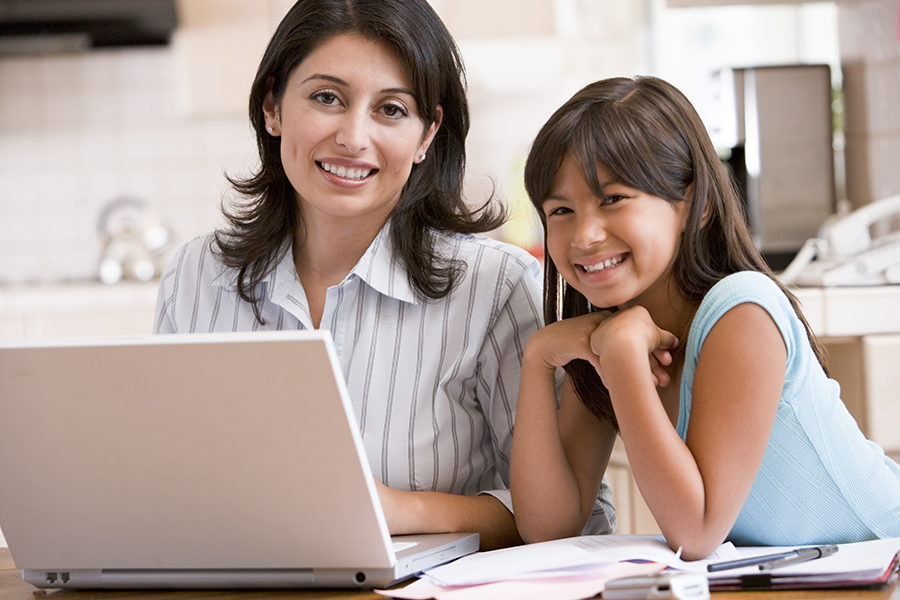If you're a parent of a preteen or teen, we know you have many questions about the human papillomavirus (HPV) vaccine. HPV causes cancer. Cancer can be prevented. The HPV vaccine is the first line of defense against several types of cancers. However, many parents still struggle with the decision to vaccinate their son or daughter, as information about the vaccine can be confusing.
What Is HPV? Does it Cause Cancer?
Every year in the United States,
more than 37,000 people will get cancer caused by HPV. HPV is a virus that is passed through sexual contact (penile-vaginal, penile-anal, mouth-genital, hand-genital). The HPV infection can cause cervical, vaginal, and vulvar cancers in women, and penile cancer in men, along with anal cancer, throat cancer, and genital warts in both men and women. HPV-related head and neck cancers are two of the few forms of cancer that have shown an increase in frequency over the past several years and are projected to become more common in the next decade. It also causes precancerous changes, called dysplasia, which can lead to abnormal pap tests and the need for further procedures in young women.
What Is the HPV Vaccine?
The HPV vaccine is a series of vaccinations against the HPV infection, all given within a six-month window.
Who Needs the HPV Vaccine?
HPV affects both males and females. All boys and girls should begin the HPV series between the ages of 11 and 12. Initially, the HPV vaccine was recommended only for girls with the goal of reducing cervical cancer. The vaccine has demonstrated effectiveness in providing long-lasting protection against cancers caused by HPV and is now recommended for both boys and girls beginning at age 11.
Who Recommends the HPV Vaccine?
As part of the adolescent immunization platform, the American Academy of Pediatrics (AAP), the American Academy of Family Practice (AAFP), the Centers for Disease Control and Prevention (CDC), and the Massachusetts Department of Public Health (DPH), recommend that all boys and girls at age 11 or 12 receive the HPV vaccine as part of the adolescent immunization platform, which includes Tdap and meningococcal. The HPV vaccine is also recommended by the American Cancer Society and the World Health Organization (WHO).
Why Is it Recommended at Such a Young Age?
The CDC, AAP and AAFP recommend that all 11- to 12-year-olds receive the HPV vaccine so they are protected before ever being exposed to the virus. Vaccines help before exposure to a disease, just like measles can't be prevented with a vaccine after a child has come down with it. This vaccine produces a higher immune response in preteens than in older adolescents. The vaccine is recommended up until age 26 but is more effective when given at an earlier age.
Read More About HPV
See the links below for helpful informational handouts:
Physician Experts: Sarah Hughes, MD, Gynecologist-Oncologist, and Rick Moriarty, MD, Pediatric Infectious Disease

